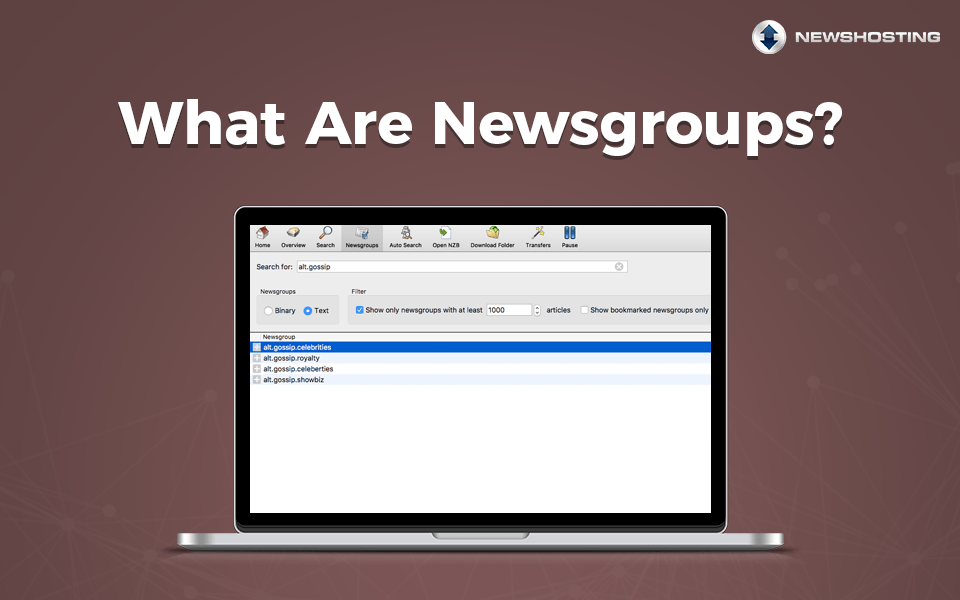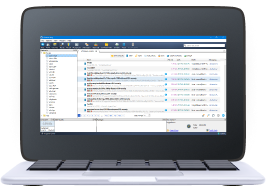Stay Safe on Usenet with Essential Security Practices
Navigating the world of Usenet is rewarding, offering unique, focused discussions in an environment free from the distractions of mainstream social media. However, to fully enjoy Usenet’s benefits while protecting your privacy and data, it’s essential to adopt secure browsing habits. Here are some best practices for safeguarding your online presence and enhancing your security on Usenet.
1. Start with Strong Passwords
Your password is your first line of defense, so it’s vital to make it strong. Use a combination of letters, numbers, and symbols, and avoid common words or easy-to-guess information. Consider using a reputable password manager to securely store and manage your passwords for various platforms, including Usenet accounts.
2. Enable SSL for Secure Usenet Connections
Usenet data can be intercepted without proper security protocols, leaving your activity exposed to prying eyes. SSL (Secure Socket Layer) encryption protects your Usenet connection by creating a secure tunnel for your data. With SSL enabled, any information sent or received on Usenet is scrambled, making it unreadable to hackers or even your Internet Service Provider (ISP). Most Usenet providers, including Newshosting, offer SSL-enabled connections for enhanced security—be sure to enable it.
3. Use a VPN for Extra Privacy
A Virtual Private Network (VPN) is an excellent tool to further protect your Usenet browsing. VPNs mask your IP address, hiding your location and online activities from potential snoopers. Whether you’re using Usenet at home or on public Wi-Fi, a VPN offers robust data protection, encrypting all your Internet traffic, not just your Usenet activity. With Newshosting’s included VPN, you can enjoy an additional layer of security every time you connect.
4. Safeguard Your Device with Antivirus and Anti-Malware Software
Installing reliable antivirus and anti-malware software is crucial in protecting your device from potential threats, like malicious links or attachments. A solid security suite will detect and block ransomware, viruses, and spyware that could compromise your device and data. Make sure your software is up-to-date, as frequent updates provide defenses against the latest threats.
5. Choose a Provider with a No-Logs Policy
When it comes to privacy, a no-logs policy is essential. With Newshosting, you can confidently explore Usenet knowing that your activity isn’t tracked or logged. A no-logs policy prevents any records of your activity from being stored, giving you the peace of mind that your Usenet habits remain private. For privacy-focused users, this feature is critical, as it minimizes data vulnerability.
6. Avoid Clicking Suspicious Links
In the online world, phishing and malware threats are constant. Be cautious about clicking links from unknown or suspicious sources, as they could lead to malicious sites or downloads. Practicing cautious browsing habits on Usenet can help protect your device from exposure to potentially harmful sites.
Newshosting: A Secure Way to Enjoy Usenet
When it comes to secure Usenet access, Newshosting goes above and beyond. With SSL encryption, a powerful VPN, secure DNS, and a no-logs policy, Newshosting provides multiple layers of protection for your online activity. You can access Usenet with confidence, knowing that your data remains private and your browsing secure. Start exploring Usenet’s potential with Newshosting’s trusted security features designed to keep your activity safe and private.







